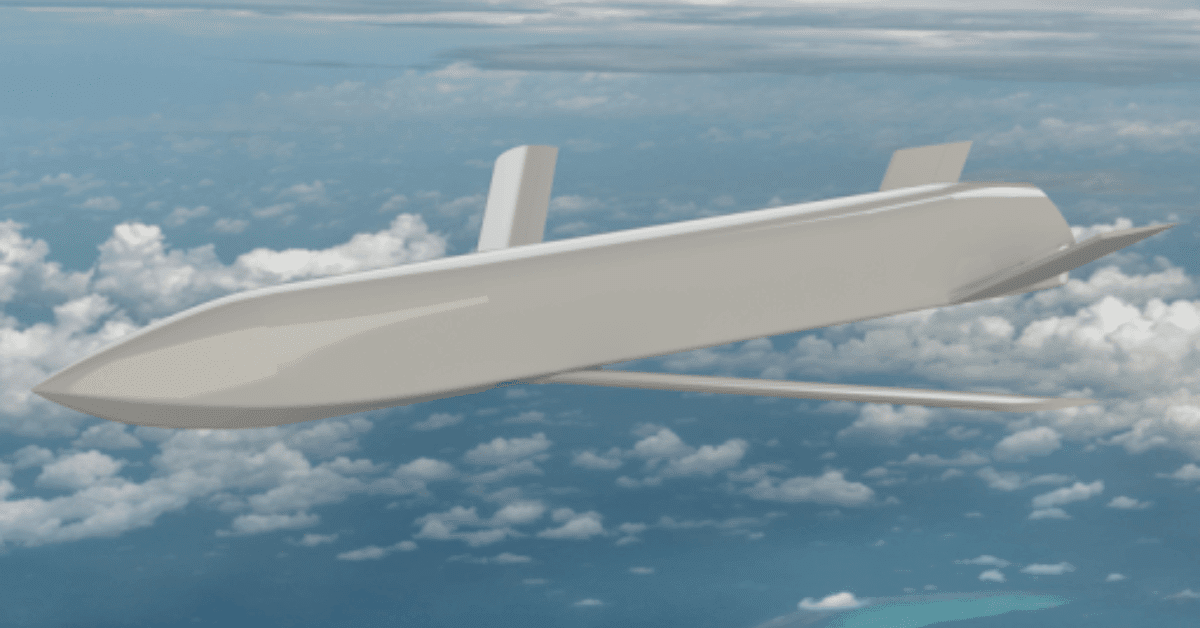DIU taps 4 vendors to vie for Air Force’s drone test vehicle program

The Defense Innovation Unit has selected four companies to develop and demonstrate an unmanned aerial vehicle prototype that aims to stimulate the Pentagon’s ability to rapidly manufacture and field new drones at scale and at low cost.
Anduril, Integrated Solutions for Systems, Leidos Dynetics and Zone 5 Technologies were chosen to compete in the Enterprise Test Vehicle project, DIU announced Monday. Run in partnership with the Air Force, the program looks to identify commercial and dual-use technology that can address the challenges in the Defense Department’s ability to inexpensively produce large numbers of drones for various mission sets.
The four companies beat out over 100 vendors who submitted proposals for the ETV program, according to DIU.
Under the contract, the contractors will develop prototypes of UAVs and conduct flight demonstrations this summer or fall, after which DIU will down-select to one or multiple companies for continued development.
“While the [Air Force] Armament Directorate remains committed to our highly-capable legacy products, we have become convinced that widening the aperture to include more non-traditional aerospace companies offers the best chance at accomplishing our cost-per-unit goals, project timeline, and production quantity goals,” Cassie Johnson, the armament directorate’s ETV program manager, said in a statement. “We eagerly anticipate bringing respectable capability to our warfighters.”
Companies will design ETV prototypes using commercial off-the-shelf parts in order to reduce risk in creating supply chain bottlenecks and keep the platforms affordable, as well as utilize open systems architecture approaches to enable vehicle upgrades and subsystem integration, according to a DIU news release.
The original solicitation for the program published last year noted that prototypes should have a range of at least 500 nautical miles; a minimum cruise speed of 100 knots; be able to deliver a kinetic payload; and be able to demonstrate an air-delivered variant — such as being launched from the back of a cargo aircraft, for example.
A DIU spokesperson told DefenseScoop in an email that the prototypes developed for the ETV program will be used solely for testing. A related variant will serve as the foundation for a future production version capable of “high-rate manufacture,” they added.
The objective is to ensure the drones are not “over-engineered” and that they utilize inexpensive materials and can be quickly produced at scale, according to a press release.
“We look forward to working with our partners at DIU and the Air Force Armament Directorate (EB) to deliver a highly-producible, modular, affordable, and capable Enterprise Test Vehicle (ETV) that will serve as the baseline architecture for large-scale production of next-generation airborne platforms,” Jason Levin, senior vice president of Anduril’s air dominance and strike division, said in a statement.
The ability to rapidly scale UAV production has become a focal point for the Defense Department, especially as drones continue to play a significant role in the war in Ukraine. DIU is also heavily involved with the Pentagon’s Replicator initiative, which looks to field thousands of autonomous systems across multiple domains by August 2025 in order to counter China’s growing military.
At press time, DIU has not responded to DefenseScoop’s questions asking if and at what capacity the ETV program is related to Replicator.
Notably, the Air Force Research Laboratory, Special Operations Command, Naval Air Systems Command and Indo-Pacific Command will all also serve as “project collaborators and evaluators” on the ETV program, according to DIU.
“The ETV presents an opportunity to leverage promising ideas from industry to create and refine affordable designs for test capabilities that can be produced on a relevant timeline,” Andrew Hunter, assistant secretary of the Air Force for acquisition, technology and logistics, said in a statement.



